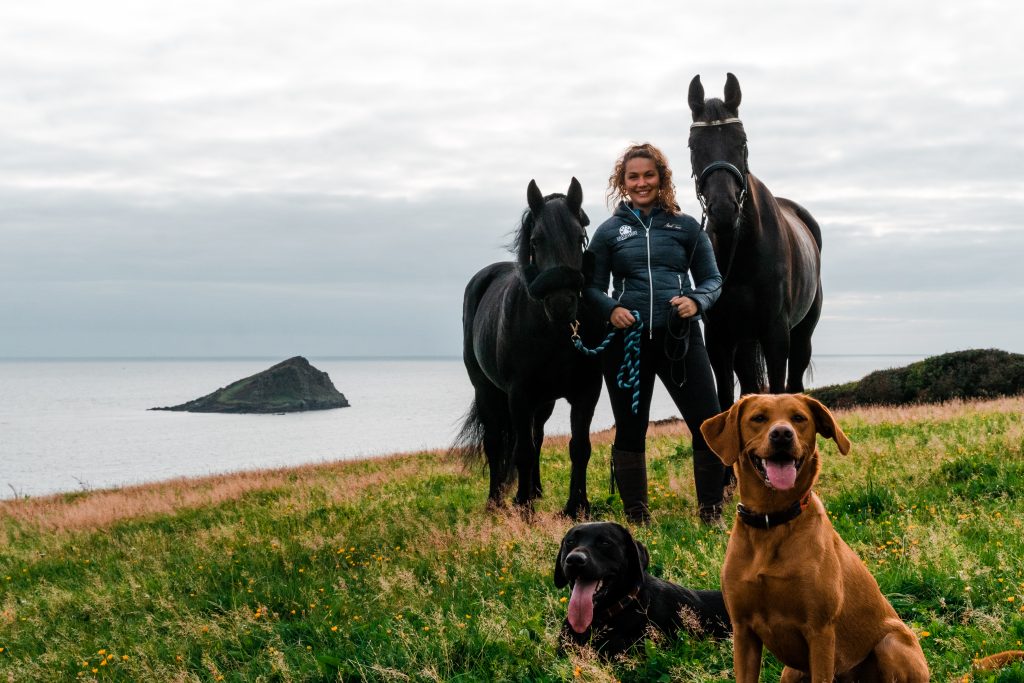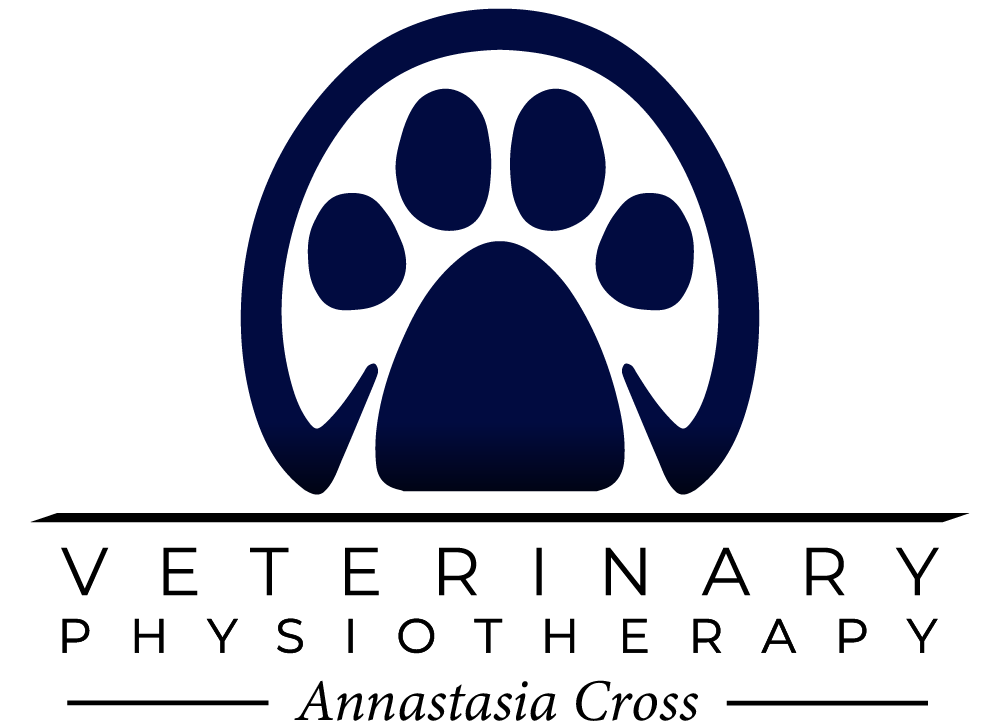equine
Equine
Physiotherapy can benefit horses of all disciplines and abilities, physiotherapy is not just for your elite competition horse. Similar to humans, horses often compensate for any pain felt by adopting their posture and gait. This means that sometimes issues can go unnoticed for quite some time. As an owner, it is important to recognise any behavioural signs which may be your horse’s way of communicating with you, to let you know that there are signs of discomfort and pain.
Annastasia Cross Veterinary Physiotherapy will use a variety of techniques to treat as well as prescribing a detailed remedial exercise programme to help re-educate your horse’s gait and posture. All horses and ponies will benefit from being pain free and having supple, symmetrical muscles thus allowing for correct gait patterns.
Despite the contrary belief, Equine Physiotherapists are not just “The Back lady”. As well as back issues, physiotherapy helps to treat a range of musculoskeletal problems, for example: arthritis, wound healing, tendon and ligament, kissing spine and pre and post rehabilitation. In parallel to this, Physiotherapy can also help with any secondary issues that may arise as a result of a specific condition.
To expand on this, pain can arise as a result of a lameness or disease. Conditions such as capped hocks, laminitis and poor foot balance, can often lead to the horse altering its gait to mask and compensate for the pain. This compensation results in secondary problems such as back pain and spasms.
It is good practice to book in for a routine physiotherapy assessment every 12 weeks, even if your horse has no specific injury or issues presenting. Routine checks enable early detection and allows your animal to perform happily and to its optimum ability

